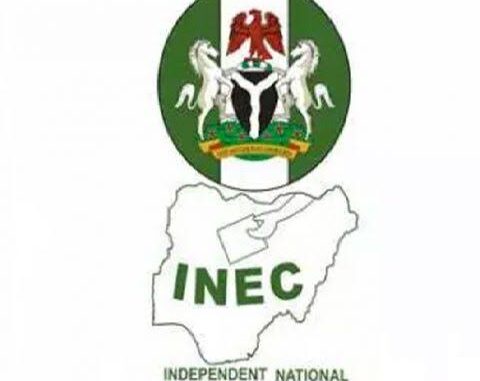
Allegations of widespread vote manipulation have surfaced in the ongoing Edo State governorship election, with reports indicating that several polling units saw inflated figures in favour of the All Progressives Congress (APC).
Voters and election observers have raised concerns, accusing compromised officials from the Independent National Electoral Commission (INEC) of facilitating the irregularities by accepting doctored results, even in instances where the recorded votes exceeded the number of accredited voters.
Reports from multiple sources, including voters on the ground, show clear discrepancies between the figures posted online by those who participated at the polling units and the official numbers released by INEC.
In numerous cases, INEC failed to cancel results despite clear signs of tampering.
The manipulations occurred in strategic local government areas, including Oredo, Egor, and Ikpoba/Okha, known for their huge voting population and determining the outcome of the election.
One observer, speaking anonymously to avoid repercussions, revealed instances where the total votes cast far exceeded the number of accredited voters in some polling units.
“At Unit 5, for instance, we had only about 100 accredited voters, but the results posted showed over 300 votes for the APC. It makes no sense, and the INEC officials there didn’t even question it,” the observer lamented.
In several polling units across Oredo and Ikpoba/Okha LGAs, voters uploaded snapshots of the results on social media, showing glaring inconsistencies.
One voter in Egor LGA said: “The manipulation was blatant. We saw the accredited number of voters displayed publicly, yet when the final results came in, the figures were heavily padded. It’s a clear case of rigging, and INEC is turning a blind eye.”
There are growing suspicions that the electoral commission itself may have been compromised, as INEC officials in several affected polling units reportedly accepted these inflated figures without initiating cancellations.
According to a political analyst monitoring the election, “INEC is supposed to cancel any result where the number of votes exceeds the accredited voters, but this standard was completely ignored. It raises serious questions about the integrity of the process.”
The analyst further noted that “manipulations like these severely undermine public confidence in the election process and can lead to unrest if the situation is not addressed immediately.”
The Peoples Democratic Party (PDP), whose candidate, Dr. Asue Ighodalo, is believed to have been leading before the manipulations began, has condemned the irregularities.
In a statement issued late Sunday, PDP’s National Publicity Secretary, Debo Ologunagba, expressed alarm over the alleged rigging, accusing the APC of orchestrating a “blatant attack on democracy.” Ologunagba said,
“The people of Edo have spoken through their votes, but the APC and compromised INEC officials are attempting to steal their mandate,” he added.
Civil society organizations, including Yiaga Africa, have also raised alarms over these discrepancies.
Yiaga Africa has been actively monitoring the election and released a statement on its social media platform, X, indicating that they have observed “widespread irregularities in several local government areas, with numerous reports of inflated figures and compromised INEC officials accepting these falsified results.”
Both local and international election observers have urged INEC to urgently review the results and cancel any polling unit where votes exceed the accredited number of voters. If not addressed, they warn that the legitimacy of the election may be at stake.
“INEC must act swiftly to rectify this situation, or risk plunging Edo into a political crisis,” said a representative of the European Union Election Observation Mission, currently in the state to monitor the election.
As tension continues to mount in Edo State, opposition parties, civil society groups, and the electorate are demanding immediate transparency from INEC.
They have urged the commission to publish the official figures alongside the number of accredited voters for each polling unit to allow for public scrutiny.
As Edo State awaits the official announcement of results, the credibility of the electoral process remains in doubt.
The ongoing revelations of inflated vote figures and the involvement of INEC officials in accepting the results cast a shadow over what was expected to be a free and fair election.
